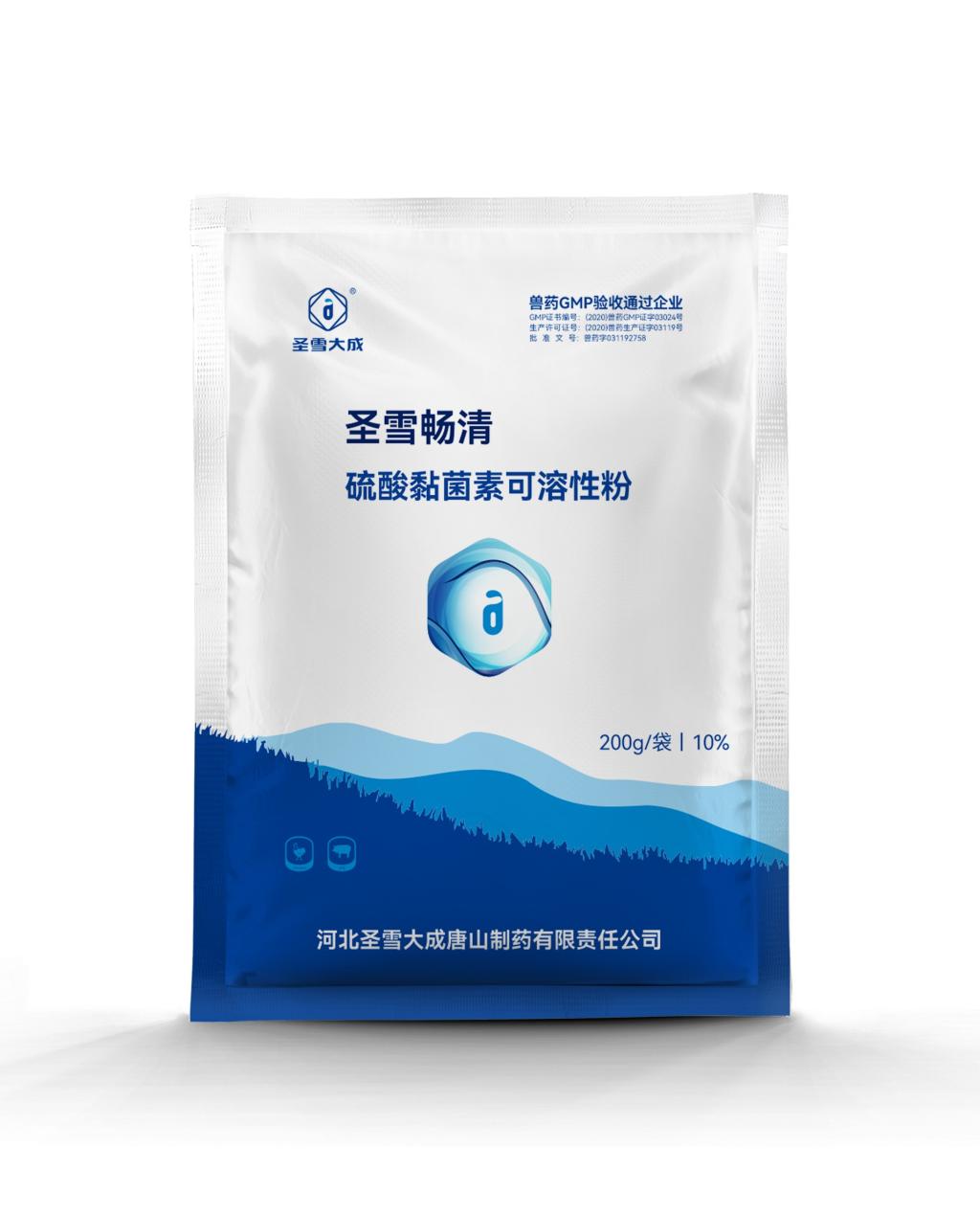Tel:+8618231198596

News
 CONTACT
CONTACT
 CONTACT
CONTACT
- Linkman:Linda Yao
- Tel: +8618231198596
- Email:linda.yao@dcpharma.cn
- Linkman:CHARLES.WANG
- Department:Overseas
- Tel: 0086 0311-85537378 0086 0311-85539701
News
Current Position:
Home >
News
>Sustainable Practices: Colistin Sulfate Soluble Powder and Animal Welfare.
Sustainable Practices: Colistin Sulfate Soluble Powder and Animal Welfare.
TIME:2024-01-02
The Role of Colistin Sulfate in Animal Agriculture:
Colistin sulfate, a potent antibiotic, is widely used in animal agriculture to control and prevent bacterial infections in livestock. Particularly effective against Gram-negative bacteria, colistin sulfate plays a crucial role in ensuring the health and well-being of animals in intensive farming systems. However, its use raises questions about the potential impact on antibiotic resistance and the overall welfare of the animals.
Antibiotic Resistance and Animal Health:
The emergence of antibiotic-resistant strains of bacteria is a global concern. The use of colistin sulfate in animals contributes to the development of resistance, posing risks to both animal and human health. Sustainable practices must address the delicate balance between maintaining animal health and minimizing the selective pressure that drives antibiotic resistance.
The Environmental Footprint:
The environmental impact of colistin sulfate use in animal agriculture extends beyond the immediate farm setting. Antibiotic residues from excretions can find their way into soil and water systems, potentially contributing to the spread of antibiotic resistance in the environment. Sustainable practices aim to mitigate this impact through responsible use and wastewater treatment.
Animal Welfare Concerns:
While colistin sulfate is effective in treating bacterial infections, its use raises ethical considerations related to animal welfare. The administration of antibiotics, including colistin sulfate, may involve stress and discomfort for animals. Sustainable practices in animal agriculture should prioritize the well-being of animals, ensuring that health interventions are aligned with ethical standards.
Alternatives to Colistin Sulfate:
The quest for sustainable practices in animal agriculture involves exploring alternatives to colistin sulfate. This includes the development and promotion of vaccines, probiotics, and other non-antibiotic interventions. Research is ongoing to identify effective alternatives that not only safeguard animal health but also contribute to reducing the reliance on antibiotics.
Proactive Disease Prevention:
Sustainable practices emphasize proactive disease prevention measures over reactive treatment. This involves improving overall farm hygiene, implementing biosecurity measures, and optimizing animal husbandry practices to create an environment that minimizes the risk of bacterial infections. Proactive approaches contribute to reducing the necessity for frequent antibiotic interventions.
Responsible Antibiotic Use Guidelines:
The development and adherence to responsible antibiotic use guidelines are pivotal in promoting sustainability in animal agriculture. These guidelines should address appropriate dosage, duration of treatment, and withdrawal periods to ensure that antibiotics, including colistin sulfate, are used judiciously. Educating farmers on responsible use practices is integral to the success of such guidelines.
Regulatory Oversight and Enforcement:
To promote sustainable practices, regulatory bodies play a crucial role in overseeing and enforcing guidelines related to antibiotic use in animal agriculture. Stricter regulations, effective monitoring, and enforcement mechanisms are necessary to ensure that farmers adhere to responsible use practices, thereby mitigating the risks associated with antibiotic resistance and environmental impact.
Educating Stakeholders:
Educating all stakeholders in the food production chain, from farmers to consumers, is essential for fostering sustainable practices. Farmers need to be aware of the implications of antibiotic use, and consumers play a role in driving demand for products that adhere to ethical and sustainable standards. A well-informed public encourages accountability in the agricultural industry.
Technological Innovations:
Technological innovations in agriculture can contribute to sustainable practices by enhancing disease detection, monitoring, and treatment. Precision farming technologies, including sensors and data analytics, can aid in identifying health issues early, allowing for targeted interventions and reducing the reliance on broad-spectrum antibiotics like colistin sulfate.
Global Collaboration for Sustainability:
Sustainability in animal agriculture is a global concern that necessitates international collaboration. Sharing best practices, research findings, and technological innovations on a global scale contributes to a more comprehensive and effective approach. Collaborative efforts can help standardize sustainable practices and promote their adoption across diverse agricultural systems.
Ethical Considerations in Animal Agriculture:
The ethical considerations surrounding the use of colistin sulfate and other antibiotics in animal agriculture require careful examination. Striking a balance between ensuring animal health and welfare, minimizing environmental impact, and addressing antibiotic resistance is a complex ethical challenge. Ethical frameworks should guide decision-making in animal agriculture to prioritize both human and animal interests.
Consumer Awareness and Choices:
Consumer awareness and choices play a significant role in driving sustainable practices in animal agriculture. Informed consumers who prioritize products from farms that adhere to responsible antibiotic use and ethical animal welfare standards contribute to the demand for sustainable practices. Consumer choices have the potential to influence industry practices and promote positive change.
Conclusion:
The intersection of colistin sulfate soluble powder use and animal welfare in the context of sustainable practices is a complex and multifaceted issue. Balancing the need for effective antibiotic interventions with ethical considerations, environmental impact, and the risk of antibiotic resistance requires a holistic and collaborative approach. Sustainable practices in animal agriculture should prioritize the health and welfare of animals while embracing alternatives and responsible antibiotic use to build a resilient and ethically sound food production system for the future.
- Tel:+8618231198596
- Whatsapp:18231198596
- Chat With Skype







